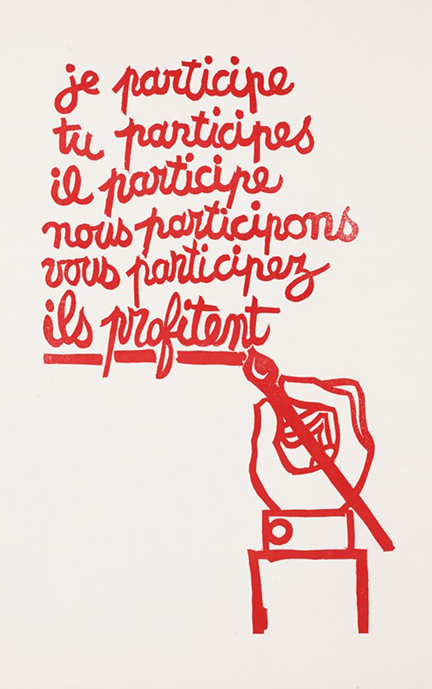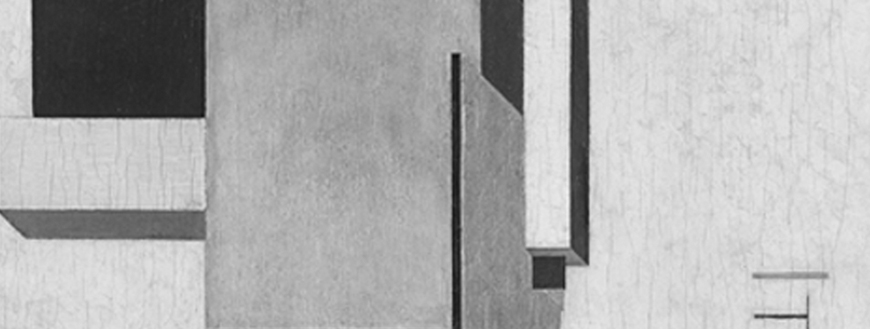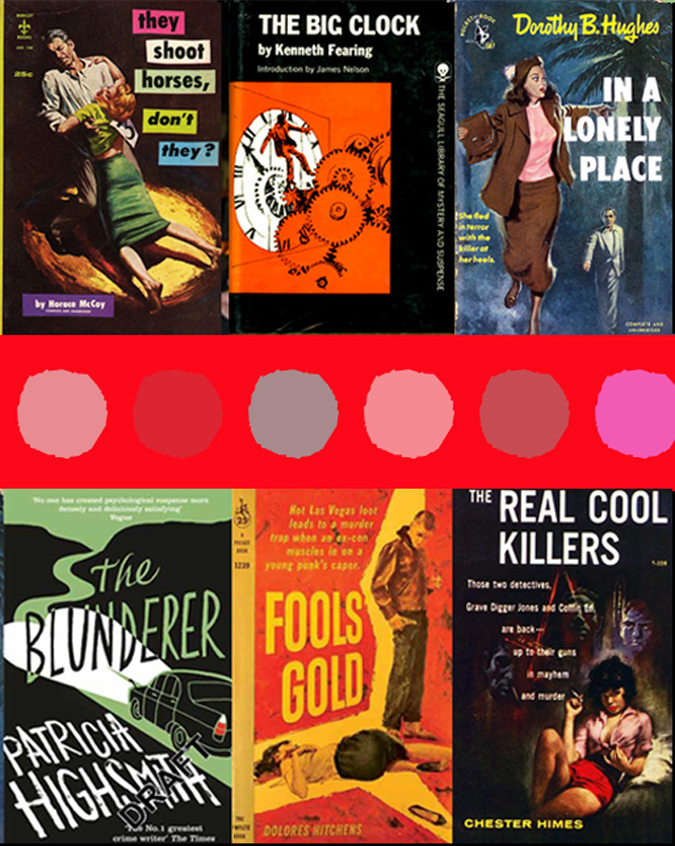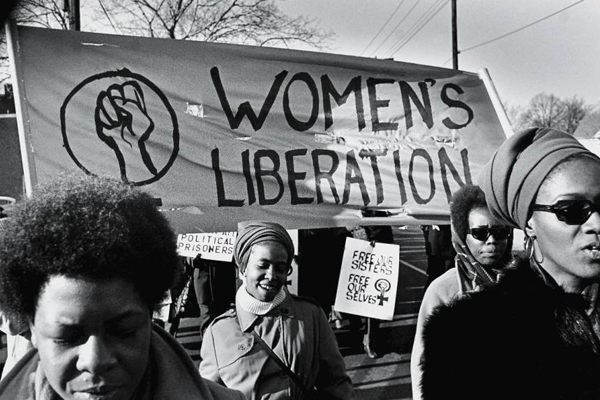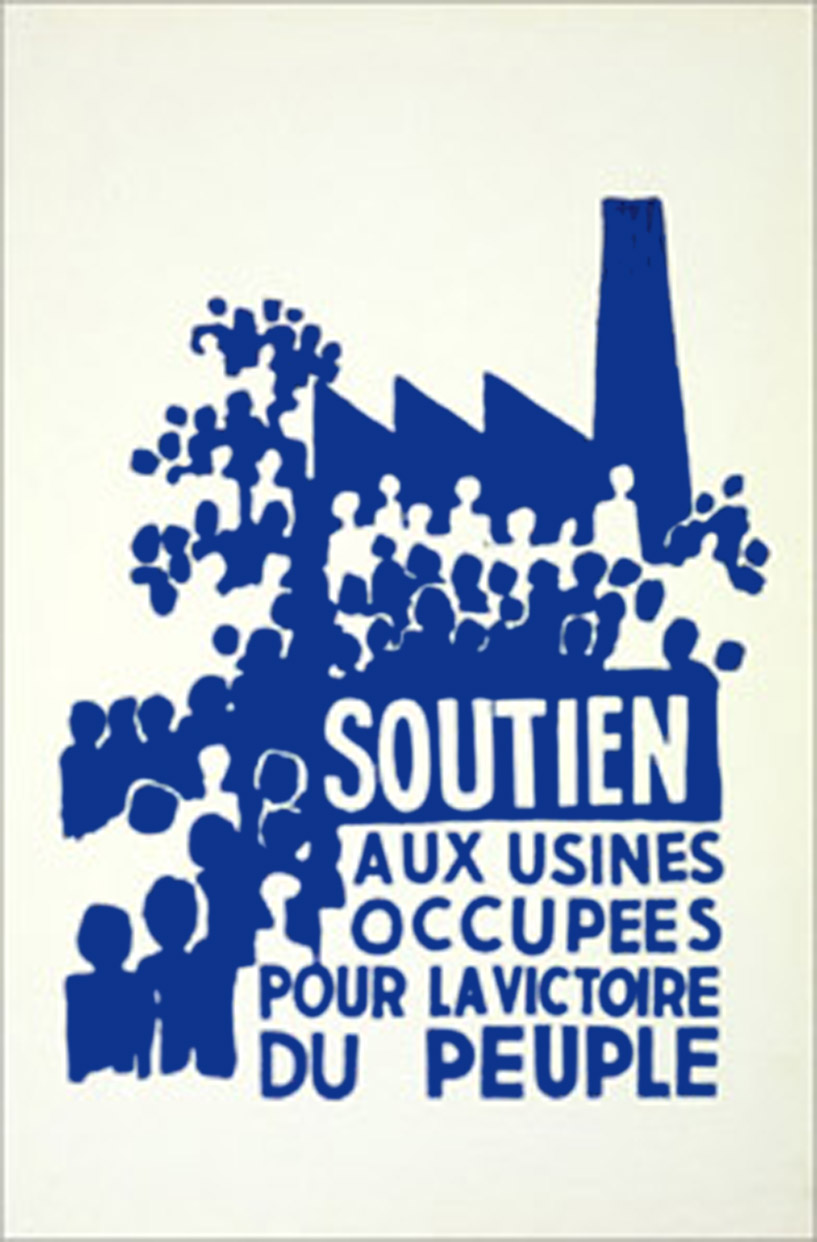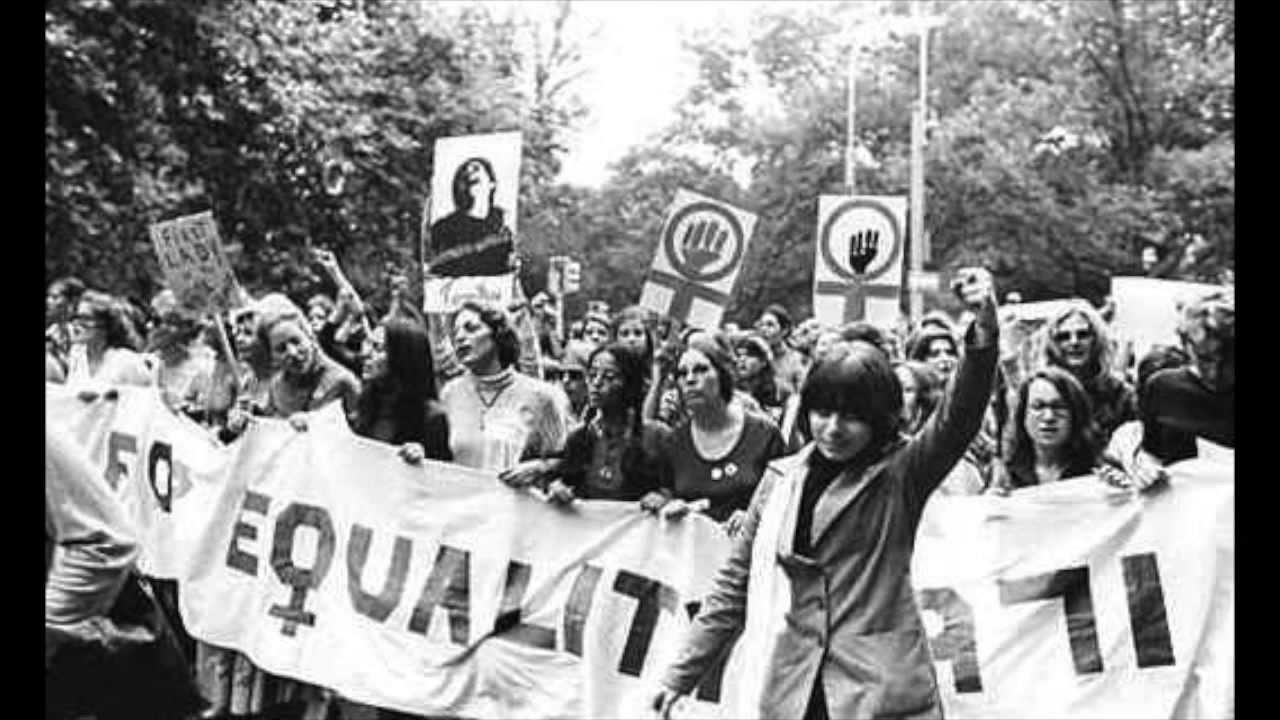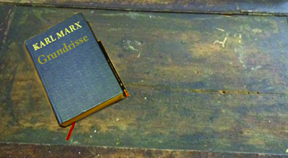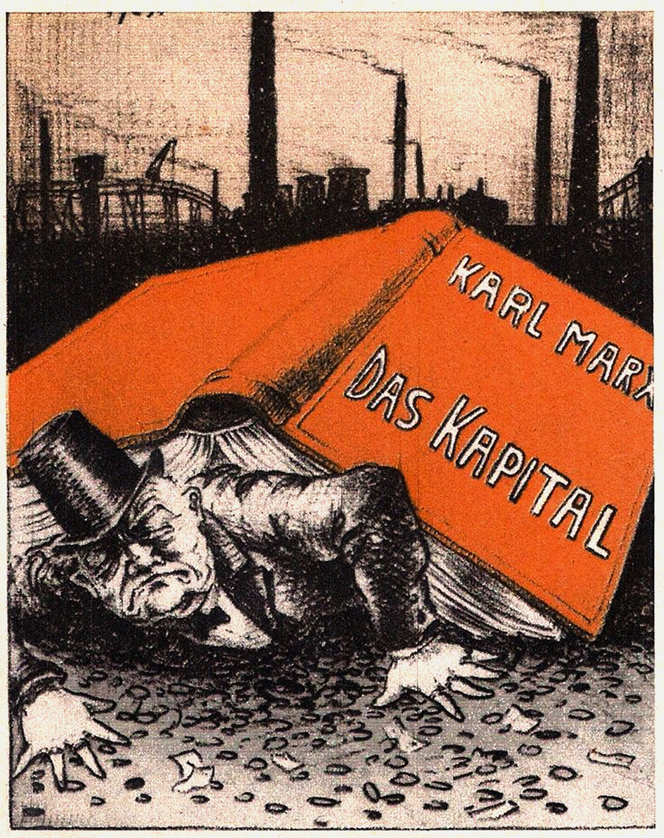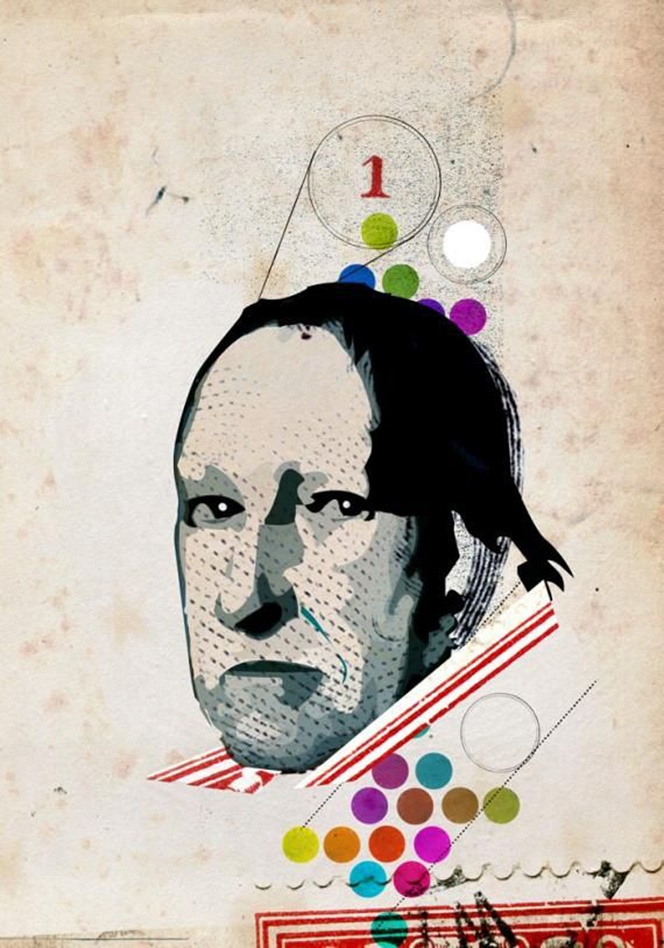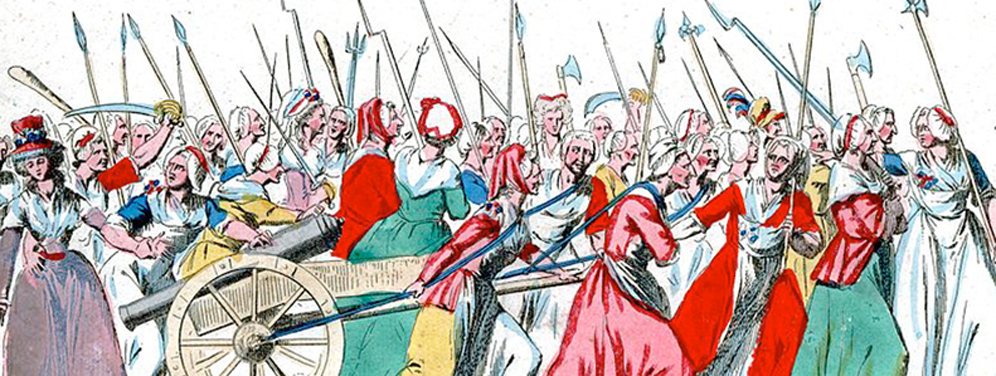Reading Capital Politically
Brooklyn Commons 388 Atlantic Avenue, BrooklynMarx’s maxim that class struggle is the “motor force” of history is to be taken literally and not viewed as simply some literary metaphor. But what does this mean in the real world? How does this work? And, how should we read Capital politically?
An Intro to Marxism—in Newark, New Jersey
Orchard Street, Newark, NJ classroom Orchard Street, Newark, NJ, United StatesWith short readings, focused presentations, and discussions, we will look at the rise of industrial capitalism and nationalism, the general characteristics of capitalist political economy and class, and the state, imperialism and war, workers organizations and collective power, and, finally, political action and questions of reform or revolution.
No Blood for Oil!
New Perspectives Theatre 456-458 West 37th Street, New York, NY, United StatesIn his book George Caffentzis shows how Marxism accounts for the peculiar role that the oil industry plays in contemporary capitalism as generator of ecological devastation, war and exploitation.
Hard Boiled Thursdays: Summer Fiction Series
Brooklyn Commons 388 Atlantic Avenue, BrooklynVerbal sparring, physical clashes, between corrupt cops and the world-weary detectives, the calm façade smiling at the world concealing a maniacal murder machine, when distilled in a fast-paced pulp fiction or poetically narrated in a noir satisfy some of our needs to explain the violent social disorder thrown at us large and small by the contours of life lived by dictates of capital.
Women’s Liberation Movement: 1968-1975
Brooklyn Commons 388 Atlantic Avenue, BrooklynAs the Black Freedom movement turned to Black Power, feminists took theory from Black Power and applied it to their newborn movement. We'll read original sources from both the Black-led and majority-white branches of women's liberation.
Reading Capital Politically Continues
Brooklyn Commons 388 Atlantic Avenue, BrooklynMarx himself intended Capital to serve as a “weapon” in the hands of the working class. This makes Capital first and foremost a political work. But what does it mean to read Capital politically?
Thursday Noirs: Summer fiction
Brooklyn Commons 388 Atlantic Avenue, BrooklynVerbal sparring, physical clashes, between corrupt cops and the world-weary detectives, the calm façade smiling at the world concealing a maniacal murder machine, when distilled in a fast-paced pulp fiction or poetically narrated in a noir satisfy some of our needs to explain the violent social disorder thrown at us large and small by the contours of life lived by dictates of capital.
Women’s Liberation Movement: The Power of History
This class will analyze what made the 1960s Women’s Liberation Movement spread fast and win victories, and also what made it vulnerable to watering down and liberal takeover. National Women’s Liberation is a feminist group for women who want to fight back against male supremacy and win more freedom for women.
Marx’s Grundrisse
Perhaps the most curious and least understood aspect of Marx’s work is his method of analysis. Marx viewed all his economic laws as tendencies and it is hard to deny that those tendencies are becoming more and more the realities of today’s capitalism.
Five Explicit and Implicit Notions of Revolution in Capital, Volume I
Brooklyn Commons 388 Atlantic Avenue, BrooklynIt is often said that Capital, Volume I is concerned with the enfoldment of the capital form, with many dialectical twists and turns, but not with revolution. However, such a picture severs Marx the revolutionary from Marx the social theorist. In fact, Capital I can be connected to five different notions of revolution.
Hegel’s Phenomenology of Spirit
We will travel from the Ancient world, from the drama of Antigone to the Jacobin Terror of the French Revolution and the realization of the idea of Freedom and the World Historical Individual. At the end of this journey that Hegel likened to a philosophical “Stations of the Cross” we will gain an understanding of what it means to say “The True is the Whole”.
A People’s History of the World
Orchard Street, Newark, NJ classroom Orchard Street, Newark, NJ, United StatesThe goal of the course is not to understand every moment or every place in global history, but to use a Marxist perspective to understand major trends and significant junctures in world history, and how those trends and junctures have shaped our present.
Marx’s Grundrisse
to understand our society we need to do more than reading and accepting his concepts, we must critically analyze them and look for the way of thinking that produced them. It is with this goal in my mind that we should embark on a journey through the long and complex sentences of The German Ideology and the Grundrisse.
Is Another World Really Possible?
New Perspectives Theatre 456-458 West 37th Street, New York, NY, United StatesWe need a positive vision of a better world and the roads leading to it. So let’s imagine we are future historians living in a peaceful, egalitarian, democratic society on a damaged, but stabilized, planet in the year 2117.
Science, Politics, and Culture in the Anthropocene
...taking the measure of industrialization and commodification, which have derailed the Earth beyond the stable parameters of the Holocene, and of the need to give our freedom different material foundations; it means mobilizing new environmental humanities and new political radicalisms (movements for common goods, transition, degrowth, eco-socialism and many more) in order to escape the blind alleys of industrial modernity.

